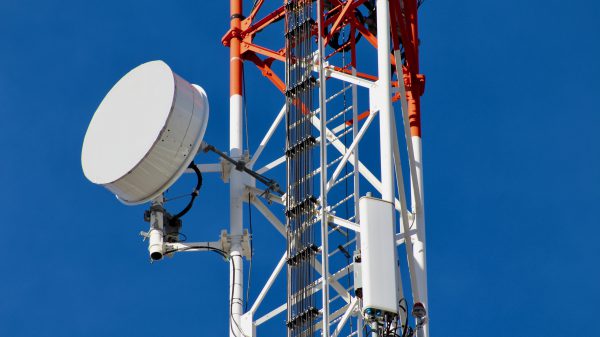A majority of networks connected to DE-CIX is made up of small ISPs as such internet exchanges allow them to save costs.
The Internet exchange provider DE-CIX said that its Mumbai facility had more peers than any internet exchange point (IXP) in Asia Pacific. “DE-CIX Mumbai currently has more than 359 networks peering at the exchange, placing it on rank one among 153 IXs tracked in 29 countries in the APAC region,” the company said in a press release, pointing to a PeeringDB ranking page.
Internet exchanges provide Internet Service Providers and Content Providers a facility to exchange traffic without going through telecom operators who provide the backbone of internet networks, resulting in cost savings for many content providers as well as ISPs. Small ISPs benefit much more as they can get access to popular content providers like Facebook, YouTube, Netflix, and so on without having to pay telecom operators for bandwidth.
Why is DE-CIX connected to so many networks?
This is a question worth asking as India is far from being the best-connected country in the Asia Pacific. Countries like Singapore and Malaysia outdo India significantly when it comes to internet connectivity. However, there are multiple factors that have led to this outcome: first off, internet exchanges are popular among fixed-line internet service providers to save on costs; and saving costs is important as unlike wireless carriers, there are far more players in the fixed-line broadband market. Indeed, 82.1% of the 420 networks currently connected to DE-CIX’s network are what appear to be small ISPs. 39 are content delivery networks like Amazon Web Services, Google, Fastly, and Akamai; just ten are hosting providers Sify and WebWerks. The rest are small numbers of streaming services, IT enterprise service companies, and social media networks.
In mature telecom markets, there are not this many providers — indeed, the further along a market is in terms of connectivity, the fewer internet providers it has. In addition, India is just a big country, and while universal connectivity is far from achieved, growth in wired broadband across the country means that more and more small providers are tapping into the exchange ecosystem. The very same PeeringDB ranking page that puts DE-CIX at the top in terms of the number of peers also has at least six exchanges in the top twenty who, while having fewer peers, have a capacity that is higher than DE-CIX Mumbai. Of course, exchanges in APAC tend to route traffic globally, not just in the country where that exchange happens to be located. India, for the moment, is more consumer-heavy, meaning that much of the data is likely consumed within the country itself.
Correction (8:46am): A quote from the DE-CIX press release has been updated following a correction issued by the company.
Also read
- Internet Exchange DE-CIX India Expands Presence In NCR And Mumbai, Says Traffic Almost Tripled
- Internet Exchange NIXI Now Peering With Google, Web Werks, CtrlS
- Key Takeaways: What It’s Like Running An Internet Exchange In India
- Interview: How Ready Are Indian ISPs And Internet Exchanges For The Surge In Internet Traffic Following The Coronavirus Pandemic?














